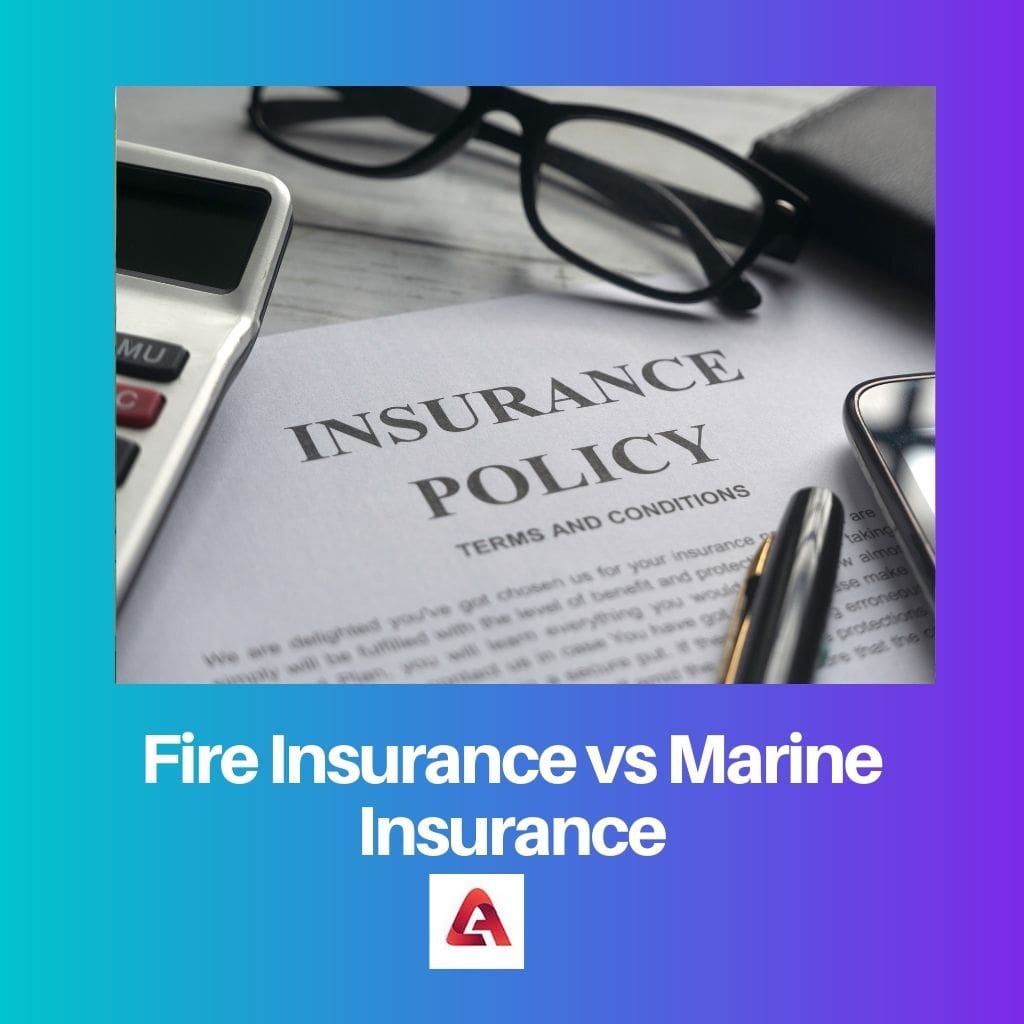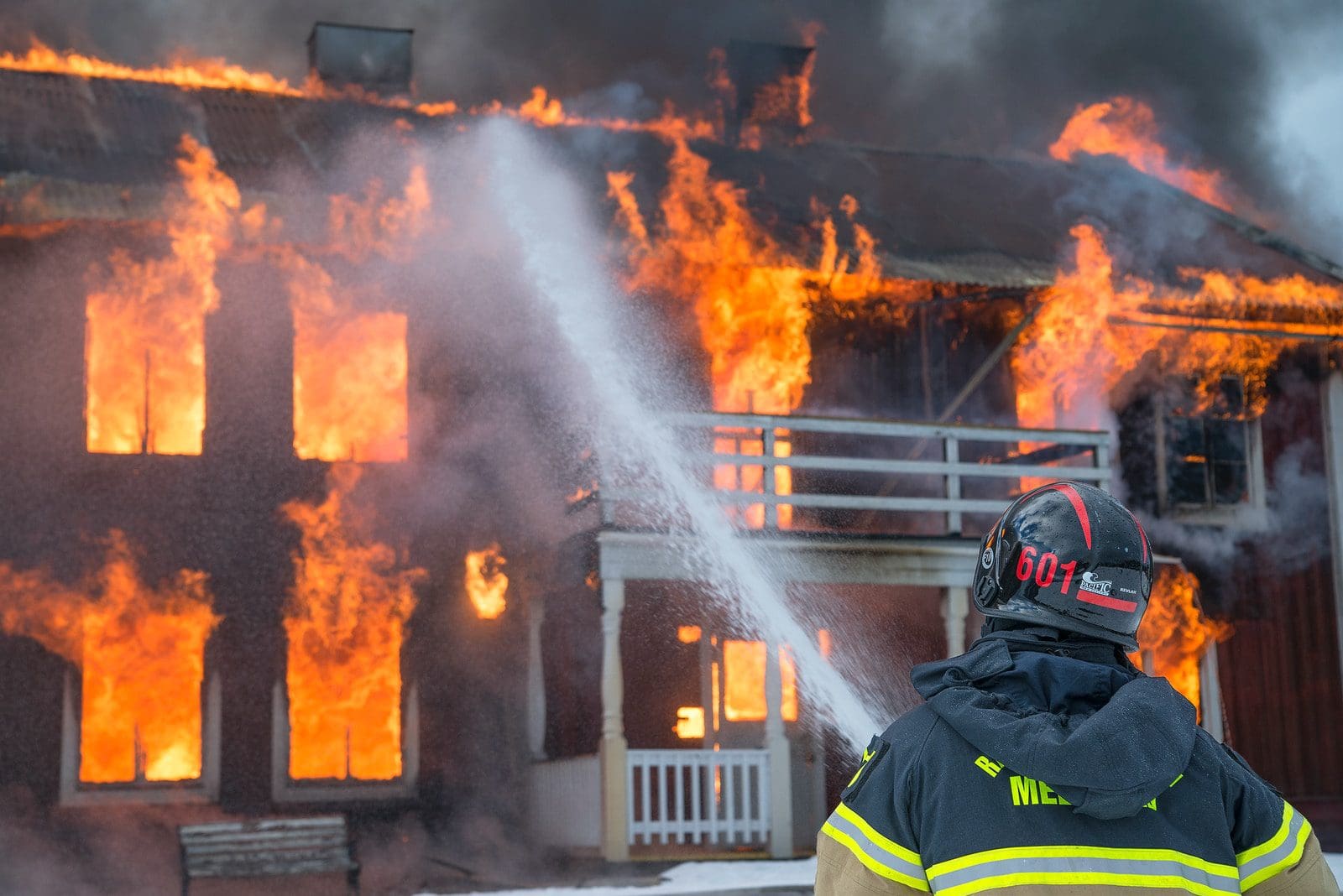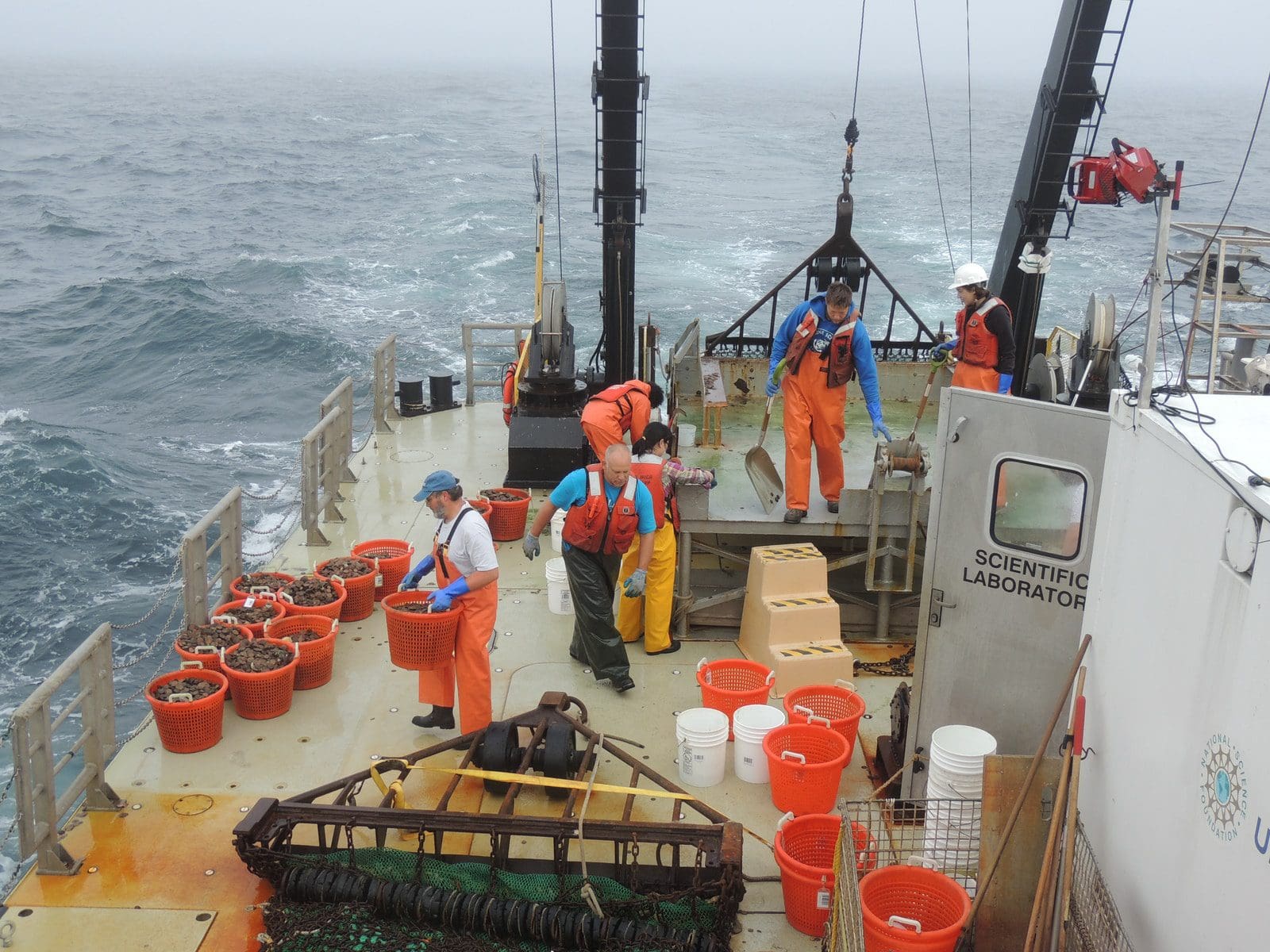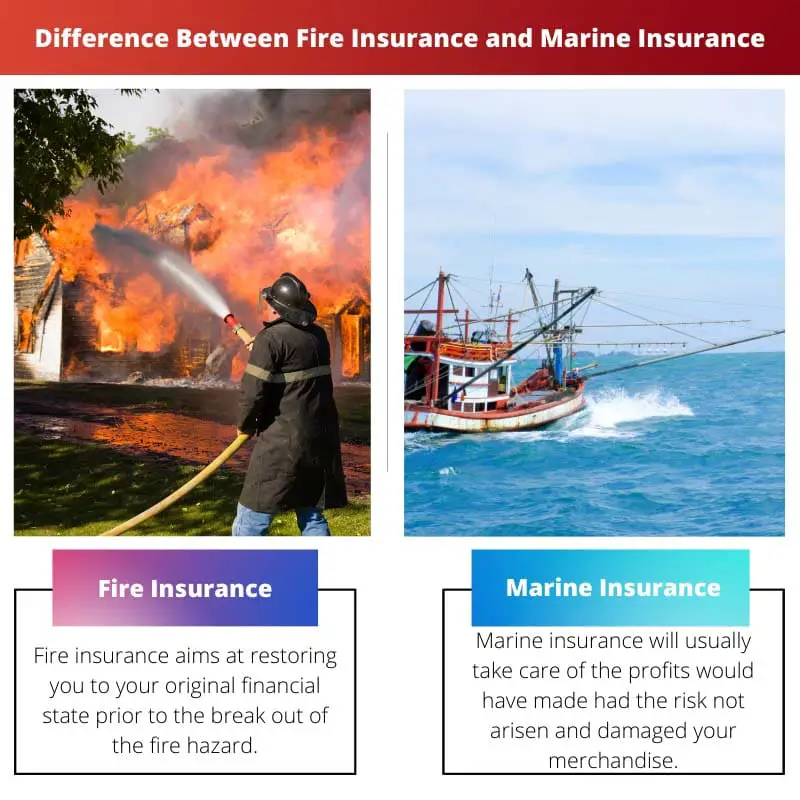Fire insurance covers damages and losses caused by fires, to property and assets on land. Marine insurance, on the other hand, offers coverage for risks associated with the transportation of goods and cargo over water, including losses due to shipwrecks, piracy, and damage during transit.
Key Takeaways
- Fire insurance covers losses and damages caused by fire to property, such as buildings and personal belongings. In contrast, marine insurance protects against losses related to transporting goods via sea, air, or land.
- Fire insurance policies focus on damaging or destroying physical assets, whereas marine insurance policies consider the risks associated with cargo transportation, such as damage, theft, or piracy.
- Both types of insurance aim to mitigate financial risks for policyholders, but they target different aspects of property and asset protection.
Fire Insurance vs Marine Insurance
Fire insurance is an insurance policy in which any damage to a house due to fire will be repaired by the insurance company. It may include repairing or replacing damaged property. In marine insurance, the company is responsible for any damage to the ship during transportation.

Claim amount in fire insurance can be of actual loss or the sum insured whichever may be less, whereas, in marine insurance, it’s the price of the goods with expected profit.
Comparison Table
| Aspect | Fire Insurance | Marine Insurance |
|---|---|---|
| Type of Insurance | Provides coverage for losses and damages caused by fire, lightning, and related perils to property, buildings, and their contents. | Provides coverage for losses and damages related to the transportation of goods, vessels, and cargo over water, including seas, rivers, and oceans. |
| Coverage Scope | Primarily focuses on property and assets located on land, including buildings, equipment, and personal belongings. | Primarily focuses on risks associated with marine and waterborne activities, including cargo, vessels, and shipments. |
| Perils Covered | Covers losses resulting from fire, lightning, explosion, riot, strike, malicious damage, and related perils, depending on policy terms. | Covers a wide range of marine-related perils, including shipwrecks, piracy, storms, collisions, sinking, theft, and other maritime risks. |
| Types of Policies | Common types include fire insurance for buildings, contents insurance, and business interruption insurance. | Types include hull insurance (for vessels), cargo insurance, freight insurance, and marine liability insurance. |
| Policyholders | Typically purchased by property owners, homeowners, and businesses to protect against fire-related risks. | Purchased by shippers, importers, exporters, freight forwarders, vessel owners, and businesses involved in maritime trade. |
| Basis of Coverage | Coverage is based on the value of the insured property or assets, and the policy may specify limits and conditions. | Coverage may be based on the value of the cargo, vessel, or shipment, and it may vary depending on the specific risks involved in maritime activities. |
| Geographic Scope | Generally applies to property and assets located on land and within the boundaries of the insured property. | Applies to maritime activities conducted on seas, rivers, and oceans, with international implications. |
| Loss Settlement | Losses are settled based on the assessed value of the damaged property, subject to policy terms and conditions. | Losses may be settled based on the value of the cargo or vessel at the time of the loss, and policy terms and conditions apply. |
| Regulatory Oversight | Subject to insurance regulations and oversight by relevant authorities in the insured country. | Subject to specific marine insurance regulations, and international conventions and codes may apply for vessels engaged in international trade. |
| Common Use Cases | Protects against financial losses resulting from fire and related perils for property owners, homeowners, and businesses. | Ensures financial protection for businesses involved in international trade, shipping companies, and cargo owners against marine risks. |
| Policy Add-Ons or Riders | May offer additional coverage options, such as earthquake coverage or coverage for specific valuable items, as riders or endorsements. | May offer specific endorsements or riders to cover additional risks, such as war risk, strikes, and particular voyages. |
What is Fire Insurance?
Fire insurance is a financial arrangement that provides protection against the financial losses caused by fire-related damages to insured property. It is a type of property insurance designed to cover the costs of repairing or replacing assets damaged or destroyed by fire. Here are detailed explanations under respective headings:
Key Features of Fire Insurance
- Coverage Scope:
- Fire insurance covers damages to buildings, contents, and other property caused by fire. The scope may extend to include additional perils, such as lightning, explosions, or wildfires, depending on the policy.
- Policy Terms and Conditions:
- Policies outline specific terms and conditions, including coverage limits, deductibles, and exclusions. Insured parties must adhere to these conditions to qualify for compensation in the event of a fire-related loss.
- Premiums and Valuation:
- The cost of fire insurance is determined by factors such as the insured property’s value, its location, construction materials, and fire prevention measures in place. Insured parties pay regular premiums to maintain coverage.
Importance of Fire Insurance
- Risk Mitigation:
- Fire insurance plays a crucial role in risk mitigation for property owners. It provides financial support to recover from fire damage, reducing the economic impact of such unforeseen events.
- Business Continuity:
- For businesses, fire insurance is essential for ensuring continuity in operations. The financial assistance received from the insurance policy helps in rebuilding or replacing damaged assets, allowing the business to resume normal activities.
- Legal Compliance:
- In many jurisdictions, having fire insurance may be a legal requirement, especially for certain types of properties. Compliance with these regulations is necessary to avoid legal consequences and ensure responsible risk management.

What is Marine Insurance?
Marine insurance is a specialized form of insurance that provides coverage for various risks associated with maritime activities. It plays a crucial role in protecting the interests of individuals and businesses involved in shipping and transportation across oceans and waterways.
Purpose of Marine Insurance
Risk Mitigation
Marine insurance helps mitigate financial losses arising from perils such as shipwrecks, collisions, piracy, and natural disasters. By providing coverage for the vessel, cargo, and liability, it ensures that stakeholders can recover financially from unforeseen events.
Facilitating Trade
One of the primary purposes of marine insurance is to facilitate international trade by offering a safety net for goods in transit. This encourages businesses to engage in global commerce with the assurance that potential losses will be covered.
Types of Marine Insurance
Hull Insurance
Hull insurance covers damage or loss to the ship’s hull and machinery. It is essential for shipowners to protect their vessels from various risks, including accidents, fire, and grounding.
Cargo Insurance
Cargo insurance safeguards the interests of cargo owners by providing coverage for loss or damage to the goods during transit. It is a critical component in ensuring the smooth movement of goods across seas.
Liability Insurance
Marine liability insurance protects shipowners and operators from legal liabilities arising from third-party claims. This can include damage to other vessels, port facilities, or injuries to individuals.
Key Players in Marine Insurance
Underwriters
Underwriters assess risks and determine the terms and conditions of marine insurance policies. They play a pivotal role in setting premiums and ensuring that policies align with industry standards.
Brokers
Insurance brokers act as intermediaries between the insured and underwriters. They help clients navigate the complexities of marine insurance, ensuring they obtain the most suitable coverage at competitive rates.

Main Differences Between Fire and Marine Insurance
- Coverage Scope:
- Fire Insurance: Fire insurance primarily covers losses and damages caused by fire, including damage from flames, heat, smoke, and soot. It may also cover related perils such as lightning, explosion, riot, strike, and malicious damage. It is focused on property and assets located on land, including buildings, equipment, and personal belongings.
- Marine Insurance: Marine insurance primarily provides coverage for losses and damages related to the transportation of goods, vessels, and cargo over water, including seas, rivers, and oceans. It covers many marine-related perils, such as shipwrecks, piracy, storms, collisions, sinking, and theft. It is focused on risks associated with maritime and shipping operations.
- Types of Policies:
- Fire Insurance: Common types of fire insurance policies include building insurance (for structures), contents insurance (for personal belongings), and business interruption insurance (for lost income due to fire damage).
- Marine Insurance: Types of marine insurance policies include hull insurance (for vessels), cargo insurance (for goods in transit), freight insurance (for financial losses due to non-delivery of goods), and marine liability insurance (for liability arising from maritime operations).
- Policyholders:
- Fire Insurance: Fire insurance is purchased by property owners, homeowners, and businesses to protect their assets located on land from fire-related risks.
- Marine Insurance: Marine insurance is purchased by businesses involved in maritime activities, including shippers, importers, exporters, vessel owners, logistics companies, and others engaged in international trade and shipping.
- Coverage Limits:
- Fire Insurance: Fire insurance policies specify coverage limits, indicating the maximum amount the insurance company will pay in the event of a covered loss, based on the value of the insured property.
- Marine Insurance: Marine insurance policies also specify coverage limits, but these limits may vary depending on the type of coverage, such as cargo value or vessel value.
- Policy Add-Ons or Riders:
- Fire Insurance: Fire insurance policies may offer additional coverage options, such as earthquake coverage or coverage for specific valuable items, as riders or endorsements.
- Marine Insurance: Marine insurance policies may offer specific endorsements or riders to cover additional risks, such as war risk, strikes, and particular voyages.
- Regulatory Oversight:
- Fire Insurance: Fire insurance is subject to insurance regulations and oversight by relevant authorities in the insured country.
- Marine Insurance: Marine insurance is subject to specific regulations and conventions, particularly for vessels engaged in international trade. International maritime regulations and codes may apply to ensure compliance and uniform standards.
- Use Cases:
- Fire Insurance: Fire insurance protects property and assets on land against fire-related risks, providing financial security to property owners and businesses.
- Marine Insurance: Marine insurance ensures financial protection for businesses involved in international trade, shipping companies, cargo owners, and others engaged in maritime trade, allowing them to manage risks associated with waterborne transportation.




